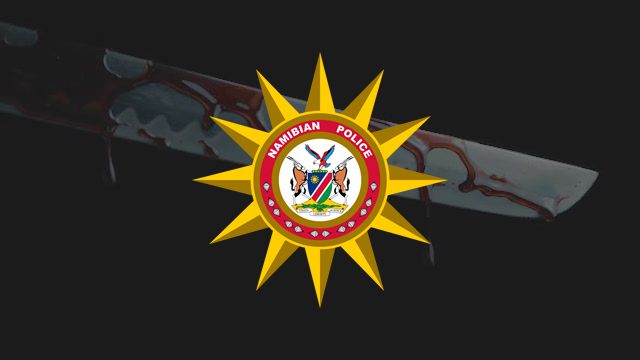HOBART – Australia urged fellow members of a 24-nation Antarctic conservation commission yesterday to boost diplomatic efforts to halt illegal fishing which is plundering the world’s southern oceans.
“We need to increase substantially diplomatic pressure to ensure that there’s full global co-operation in trying to stop illegal fishing and therefore the exploitation and potentially the destruction of one aspect of the Antarctic ecosystem,” Australian Foreign Minister Alexander Downer said. “I think it’s fair to say that the greatest concern we have about the Antarctic convergence zone, the Antarctic region, at the moment, is illegal fishing,” said Downer, in Hobart to open a meeting of the Commission for the Conservation of Antarctic Marine Living Resources (CCAMLR).Downer said Australia would put a resolution to the annual commission meeting calling for a crackdown on fishing by vessels using “flags of convenience” from nations that have not signed the commission’s treaties.”Australia has proposed a resolution that condemns the increasing number of vessels flagged to non-parties that fish in the CCAMLR Area and calls for strong action against the flag states,” he said.”We’d like the international community to be much more robust in protecting the fragile Antarctic ecosystem, including its marine ecosystem,” he said.Thirty-two governments have signed the commission’s convention, though only 24 states are members of the Hobart-based body, including the United States, the European Union, Russia, Japan, Chile and South Africa.Australia has waged an intensive campaign against illegal fishing in its southern waters, notably for the Patagonian Toothfish – a prized delicacy marketed in the United States as Chilean sea bass but known under a variety of names including mero or black hake.Earlier this year Australian customs ships tracked three Japanese boats suspected of illegally catching toothfish in the southern ocean, but Tokyo refused to give Canberra permission to board one of the vessels.Boats carrying the Togolese flag have also been spotted in the area.In 2003 Australian customs and fisheries officers chased the Uruguayan-flagged Viarsa for three weeks and 7 000 kilometres before boarding it and allegedly finding 85 tonnes of toothfish in the trawler’s hold.Australian Fisheries Minister Ian Macdonald said this week’s meeting needed to send a strong message that anyone caught illegally fishing would be prosecuted and jailed.”In recent times, I think the offences have become so prominent, they’ve become so serious and they’ve become so organised that I do think a very strong message needs to be sent, indicating that jailing in the first instance is the proper penalty,” he said.- Nampa-AFP”I think it’s fair to say that the greatest concern we have about the Antarctic convergence zone, the Antarctic region, at the moment, is illegal fishing,” said Downer, in Hobart to open a meeting of the Commission for the Conservation of Antarctic Marine Living Resources (CCAMLR).Downer said Australia would put a resolution to the annual commission meeting calling for a crackdown on fishing by vessels using “flags of convenience” from nations that have not signed the commission’s treaties.”Australia has proposed a resolution that condemns the increasing number of vessels flagged to non-parties that fish in the CCAMLR Area and calls for strong action against the flag states,” he said.”We’d like the international community to be much more robust in protecting the fragile Antarctic ecosystem, including its marine ecosystem,” he said.Thirty-two governments have signed the commission’s convention, though only 24 states are members of the Hobart-based body, including the United States, the European Union, Russia, Japan, Chile and South Africa.Australia has waged an intensive campaign against illegal fishing in its southern waters, notably for the Patagonian Toothfish – a prized delicacy marketed in the United States as Chilean sea bass but known under a variety of names including mero or black hake.Earlier this year Australian customs ships tracked three Japanese boats suspected of illegally catching toothfish in the southern ocean, but Tokyo refused to give Canberra permission to board one of the vessels.Boats carrying the Togolese flag have also been spotted in the area.In 2003 Australian customs and fisheries officers chased the Uruguayan-flagged Viarsa for three weeks and 7 000 kilometres before boarding it and allegedly finding 85 tonnes of toothfish in the trawler’s hold.Australian Fisheries Minister Ian Macdonald said this week’s meeting needed to send a strong message that anyone caught illegally fishing would be prosecuted and jailed.”In recent times, I think the offences have become so prominent, they’ve become so serious and they’ve become so organised that I do think a very strong message needs to be sent, indicating that jailing in the first instance is the proper penalty,” he said.- Nampa-AFP
Stay informed with The Namibian – your source for credible journalism. Get in-depth reporting and opinions for
only N$85 a month. Invest in journalism, invest in democracy –
Subscribe Now!








